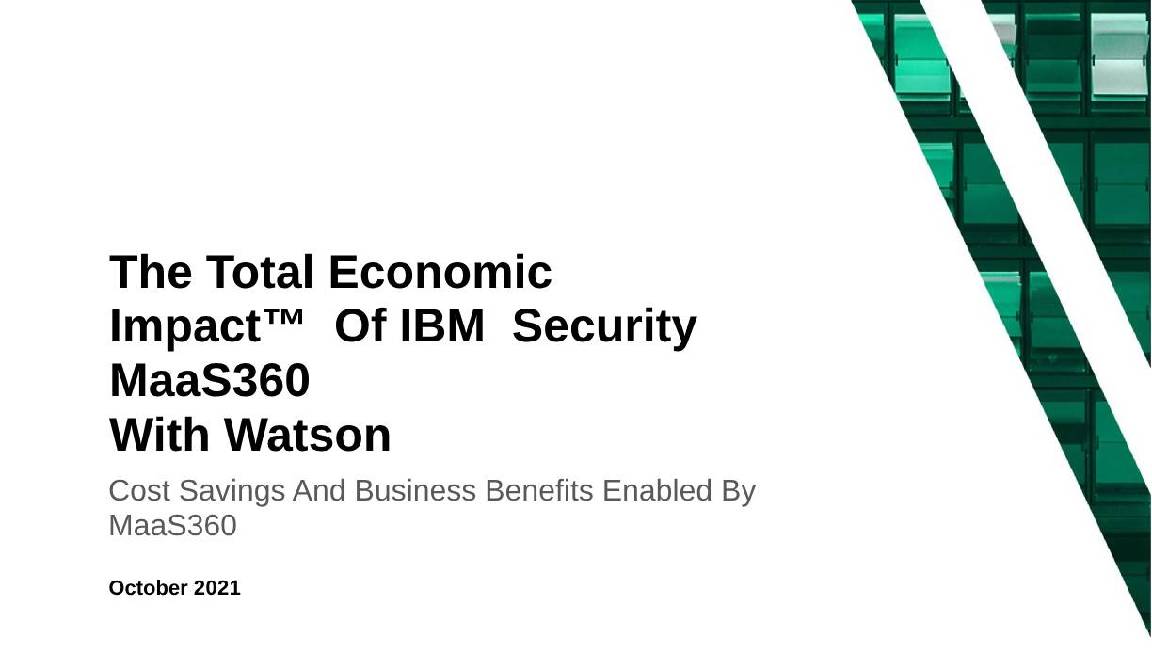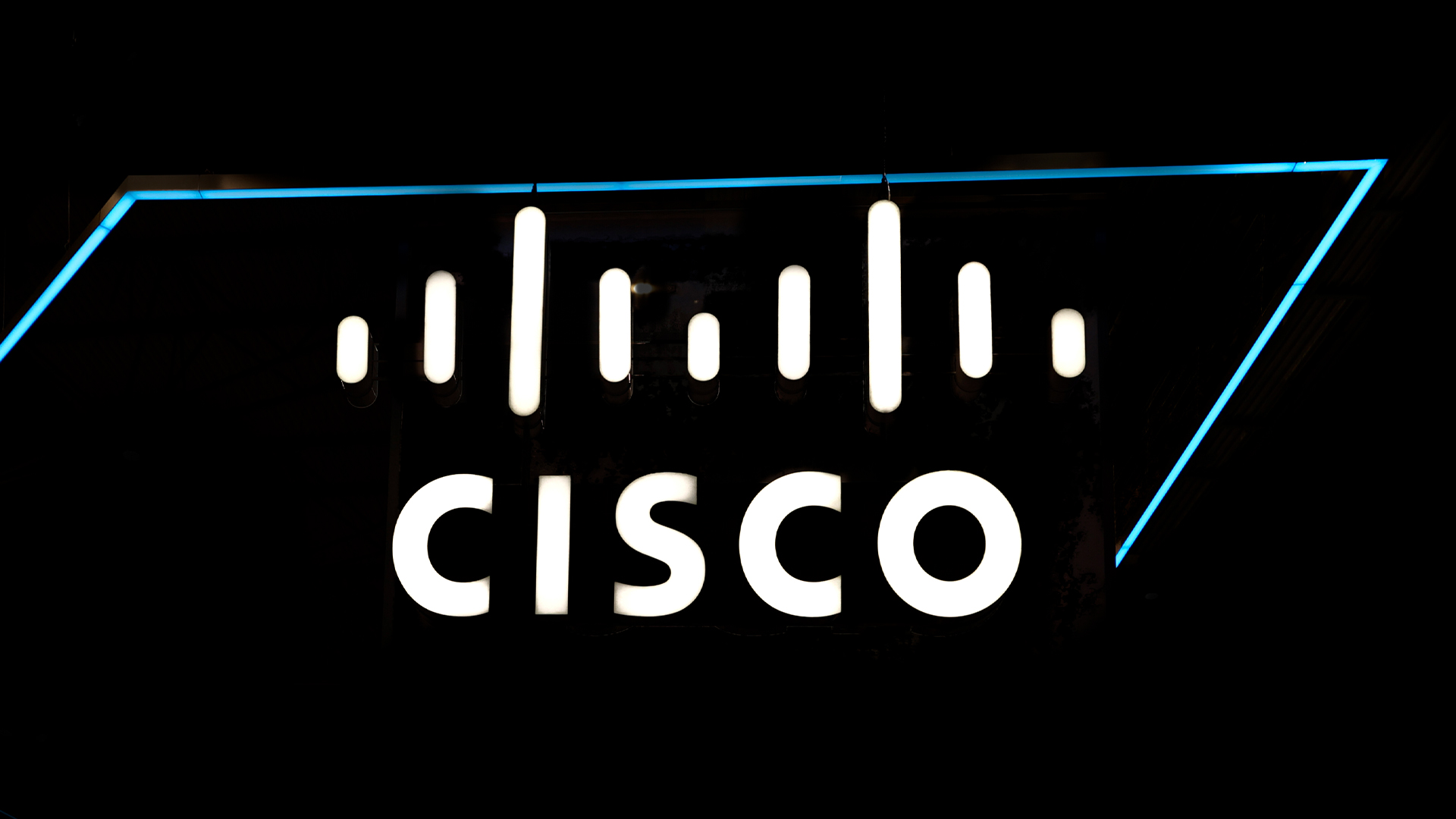Babuk Tortilla ransomware dealt major blow with release of new decryptor – here’s how victims can recover their data
A decryptor for Babuk Tortilla ransomware has been released following a sting operation by Dutch police with the help of Cisco Talos, offering a vital lifeline for victims


Sign up today and you will receive a free copy of our Future Focus 2025 report - the leading guidance on AI, cybersecurity and other IT challenges as per 700+ senior executives
You are now subscribed
Your newsletter sign-up was successful
A decryptor for the Babuk Tortilla ransomware variant has been made available by Cisco Talos following a police sting operation which saw a threat actor apprehended in Amsterdam.
Cisco Talos collaborated with Dutch police to identify and apprehend a threat actor involved in cyber attacks using the ransomware variant, authorities said.
In an announcement this week, Cisco Talos researcher Vanja Svajcer said authorities recovered executable code capable of decrypting files affected by Babuk Tortilla ransomware, from which researchers were able to extract and publish the private decryption key used by the hackers.
Talos has shared the key with Avast Threat labs who maintain a decryptor that can recover data encrypted using a number of different strains of the Babuk ransomware.
Avast Threat Labs’ decryptor was originally released in 2021, after the initial disclosure of the Babuk ransomware family and includes all of the known private keys involved in attacks using variants of the malware.

Avast’s Threat Research Team revealed its efforts were made easier by the fact that a single private key was used for all victims of the threat actor, meaning those affected can use the service easily.
Avast’s Babuk decryptor tool is available for free, as are similar tools made to recover files encrypted using a number of different ransomware groups.
Sign up today and you will receive a free copy of our Future Focus 2025 report - the leading guidance on AI, cybersecurity and other IT challenges as per 700+ senior executives
Victims unsure of the specific strain of ransomware they have been targeted with can also use free resources such as the NoMoreRansom project, which boasts the largest collection of ransomware decryption tools as well as the ability to identify ransomware strains based on user-uploaded sample files.
Babuk group, from ethical hackers to targeting government agencies
The Babuk group first emerged in 2021. Early signs suggested the group had non malicious intentions, with their focus on revealing security failings in corporate networks.
But this was quickly shown to be false when the group received global media attention after leaking data exfiltrated in an attack on the Washington DC police department in Washington DC.
Other notable targets of the ransomware gang include the Houston Rockets basketball team, with the group threatening to leak 500GB of stolen data if it did not receive payment.
The group also drew headlines when it claimed it would no longer encrypt data it had stolen, opting in favor of a more streamlined approach to extracting ransoms using the threat of leaking data instead.
RELATED RESOURCE

Discover how Maas360 capabilities support more user- and security-centric unified endpoint management
DOWNLOAD NOW
For a moment it looked like the group was going to cease operations after it announced via a post on the dark web that the ransomware’s source code would be made publicly available, which was seized upon by threat researchers to build decryptor tools.
This decision was speculated to be the result of an internal conflict on whether the group should publish all of its stolen data, and risk increased attention from law enforcement agencies.
The Tortilla strain was disclosed by Talos in an exploit involving Microsoft Exchange vulnerabilities in November 2023.
The ransomware was known for its ability to compromise Windows and NAS environments, including ESXi environments, which are a primary component of the infrastructure underpinning VMware’s software suite.

Solomon Klappholz is a former staff writer for ITPro and ChannelPro. He has experience writing about the technologies that facilitate industrial manufacturing, which led to him developing a particular interest in cybersecurity, IT regulation, industrial infrastructure applications, and machine learning.
-
 Anthropic promises ‘Opus-level’ reasoning with new Claude Sonnet 4.6 model
Anthropic promises ‘Opus-level’ reasoning with new Claude Sonnet 4.6 modelNews The latest addition to the Claude family is explicitly intended to power AI agents, with pricing and capabilities designed to attract enterprise attention
-
 Researchers call on password managers to beef up defenses
Researchers call on password managers to beef up defensesNews Analysts at ETH Zurich called for cryptographic standard improvements after a host of password managers were found lacking
-
 AI is “forcing a fundamental shift” in data privacy and governance
AI is “forcing a fundamental shift” in data privacy and governanceNews Organizations are working to define and establish the governance structures they need to manage AI responsibly at scale – and budgets are going up
-
 Cisco says Chinese hackers are exploiting an unpatched AsyncOS zero-day flaw – here's what we know so far
Cisco says Chinese hackers are exploiting an unpatched AsyncOS zero-day flaw – here's what we know so farNews The zero-day vulnerability affects Cisco's Secure Email Gateway and Secure Email and Web Manager appliances – here's what we know so far.
-
 Researchers claim Salt Typhoon masterminds learned their trade at Cisco Network Academy
Researchers claim Salt Typhoon masterminds learned their trade at Cisco Network AcademyNews The Salt Typhoon hacker group has targeted telecoms operators and US National Guard networks in recent years
-
 Cisco ASA customers urged to take immediate action as NCSC, CISA issue critical vulnerability warnings
Cisco ASA customers urged to take immediate action as NCSC, CISA issue critical vulnerability warningsNews Cisco customers are urged to upgrade and secure systems immediately
-
 Cisco eyes network security gains for agentic AI
Cisco eyes network security gains for agentic AINews New network security updates aim to secure AI agents across enterprises
-
 Cisco patches critical flaw affecting Identity Services Engine
Cisco patches critical flaw affecting Identity Services EngineThe networking giant has urged enterprises to update immediately
-
 96% of businesses have low cyber-readiness, claims Cisco
96% of businesses have low cyber-readiness, claims CiscoThe 2025 Cisco Cybersecurity Readiness Index shows a concerning number of businesses globally are unprepared for rising AI-related threats.
-
 Cisco takes aim at AI security at RSAC with ServiceNow partnership
Cisco takes aim at AI security at RSAC with ServiceNow partnershipNews The companies claim Cisco AI Defense and ServiceNow SecOps will help address new challenges raised by AI